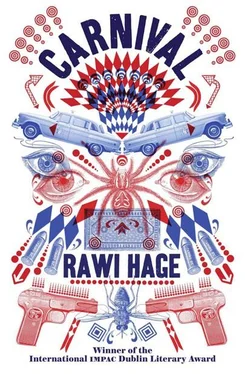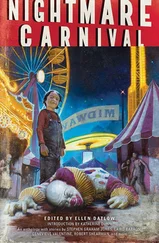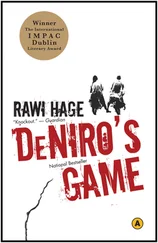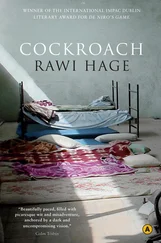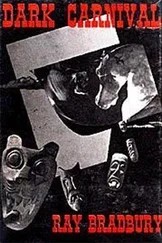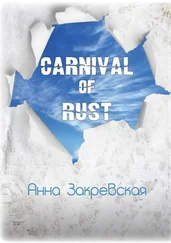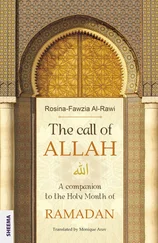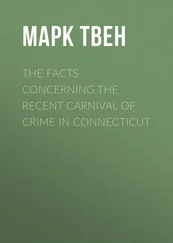Wait, I said.
And Otto held my head and kissed my forehead goodbye.
THE NEXT DAY, two officers knocked at my door. I let them in. Ironically, they stood between the crime section and the culinary section, both situated next to the window as a precautionary measure against arson, grease fires, and food poisoning, among other methods of murder.
Are you an acquaintance of Mr. Otto Blake? they asked.
Yes, he is a friend.
How long have you known Mr. Blake?
Twenty years, maybe more.
Did Mr. Blake ever reside here?
He has crashed here occasionally.
But some of his mail is sent to this address?
Yes, he moves around. He must have given this as a permanent address.
Did he ever mention a Mr. Bouchard to you?
No. I don’t know who that is.
He is the French journalist who was killed two nights ago. Shot in the face. With a nine-millimetre gun.
I shook my head.
Mr. Blake was seen having an argument with him at the Irish Pub on Curtis Street. Do you know anything about that?
No, I don’t, I said.
Were you at that pub on the night of the seventh? That was Friday.
Yes, briefly.
Was Mr. Bouchard present?
I wouldn’t know. There were too many people.
Here is a photo of Mr. Bouchard. That is before the damage.
I can’t recall, with the Carnival and all. It was chaotic. I only talked to Otto.
Was Mr. Blake talking to Mr. Bouchard?
Like I said, it was crowded.
Do you know if Mr. Blake had a gun in his possession?
No, I have no idea.
Where did you go after you left?
I went back to my job. I drive a taxi. I put gas in my car.
Do you have a receipt?
Yes. I can locate it if you give me a minute. I grabbed my wallet from the kitchen table. I went through a bunch of receipts until I located the one from that day and I handed it to the detective, who was already snooping through my books.
Do you mind if we hold on to it?
No.
Anything else you did?
I drove all night and picked up customers.
Any customers who might remember being driven by you? Is there a record from a dispatcher we could use to verify your whereabouts?
No, I am an independent driver. I don’t rely on dispatchers in my job.
So you drive around. .
Yes, I wander and pick up customers off the street. I find it tedious waiting for a call to come to me.
Could you give us the name of any person who could confirm that you were driving that night?
I did drive an old man and his daughter to a seniors’ home in Eastmount. I helped the man inside.
Do you remember his name?
No, but I remember that he was crying. And afterwards I drove his daughter back to her place. I could give you that address if you want to check it. We had a conversation and she gave me a good tip and asked me my name. I am known as Fly; she should remember me.
What did you talk about?
Death.
Death as in murder? the inspector asked.
No, death as in old age.
Are you staying here for the next while?
Do you mean here at home?
No, I mean in this town. Would you be taking a plane somewhere soon?
I have no need for airplanes.
Thank you for your help. Oh, one more thing: do you belong to any political party?
No.
If I may ask, do you subscribe to the views of any particular political party?
Like I said, Officer, I am an independent driver.
I see the metaphor, the policeman said. Do you mind if we take a quick look around?
Not at all, but please watch your head.
THE KILLING OF the French journalist was all over the news. The police were looking for a person of interest, they said, and they mentioned Otto’s name. And it didn’t look like a robbery, they added, because the wallet of the journalist was found, untouched, in the victim’s pocket.
Later that evening, while I was driving and following the news, I heard a reporter conducting an interview with Otto’s roommate. The old lady was under the influence and her husky voice had the sound of smoke and relentless cigarettes. She called Otto an angry man and a loner. She also said they’d had an argument about God. Which god? the lady reporter asked. None, she replied: he hated them all and he never respected me because I am a believer. Every time one of those good people on TV began preaching the gospel or asking for donations, he cursed and called them quacks, slammed the door, and went to his room. He was an angry man, like I said.
RAIN
I LEFT MY lantern in the trunk and drove through the town of celebration. I looked for a clown, hoping to recognize Otto among the dancing crowds. There is no better place for an exile to hide, I reasoned, than among a horde of humans in masks re-enacting the periodic cycles of life and death.
And it rained and the city’s garments danced under the rain. I left my window open as I drove. I smoked in defiance of the signs in my own car, and the water ran down the side of my face. I parked my boat a small distance from my home and walked under the deluge. I stopped and laughed at the memory of Bunzy the clown, who in every performance was showered with water from the elephant’s trunk. I wanted to peek again, from inside the tent and behind the curtain of the dressing room, at the laughter of other kids, the covering of faces with hands, the uproar of the crowd. It rained and I stood like a sad-faced clown waiting for the applause. I waited for the elephant to come and lift me up onto her back so I could stand there and tell every soul that the clown who lit the cannons was innocent, lost, distracted by the circle shape of the world, by the gestures of ancient monkeys and the dangerous swinging of women and men and their animal-like acts; that his intention was never to step on the elephant’s feet, never to sing in such a horrible voice, never to wobble in clothing that was not his own, shoes that could never be tied, flowers that spat in the crowd’s face. His real intention, ladies and gentlemen, was to bring the audience to their senses, let them realize that soon all would be coming to an end, and that all shall disappear to no return.
The rain fell and seeped into my clothing and passed through me, and I stood watching the currents of water convulsing on the peripheries of sidewalks and fleeing to nowhere. I saw an umbrella floating, and I saw a woman rushing towards me, balancing a stick of impermeable colours in the fist of her hand, to shelter me from the elephant’s waterfalls. I laughed. She covered me with her umbrella and put her arms around me and said, What are you doing, Fly? Come, let’s go inside. All seemed like a silent rehearsal without applause.
We walked back. Her arm around my shoulder felt warm, and her scent under the water brought water to my eyes. I stood in the entrance of the building and I said to her, We are capable of harm.
Why don’t you come upstairs? Zainab said. Come, Fly, come with me.
I walked, and the wetness in my shoes made me want to leap, jump, and splash the puddles like a skipping child.
Where are your keys, Fly? The keys, she repeated, practically having to shout in my face.
Somehow I found my keys and I opened the door to my apartment. Zainab followed me in. She started to undo my clothes. She ran to the bathroom, found a towel, dried my hair, wrapped my head in it, and led me to bed. I felt exhausted and weak, and the ceiling and my walls of books spun at an unimaginable speed and I must have passed out.
SALT
THE NEXT MORNING, Zainab knocked at my door. She wanted to know how I was feeling. Now that she had seen me living inside my library, she was intrigued to come again.
I made her tea and she seemed overwhelmed by the volume of volumes and books. All I hoped was that none of the mice would stroll between her feet and scare her into leaving again.
Читать дальше
